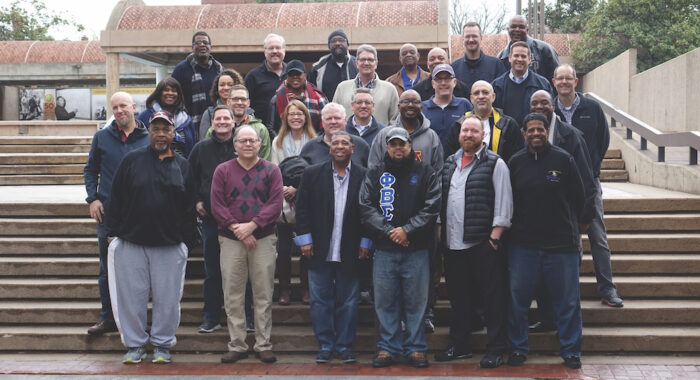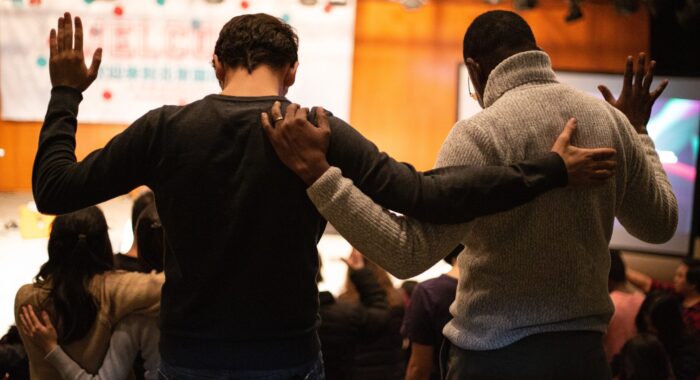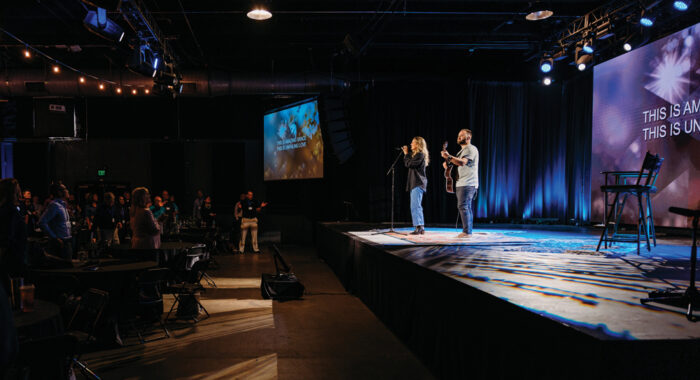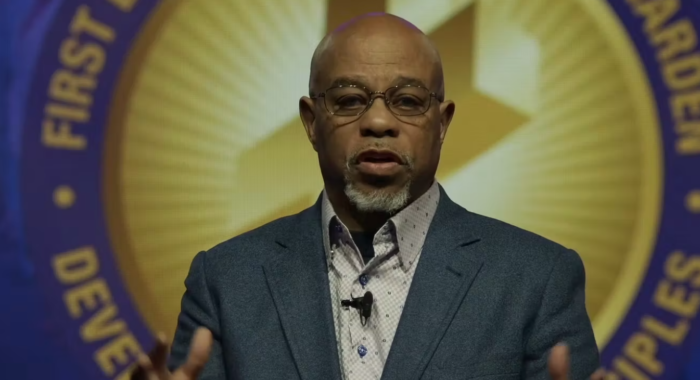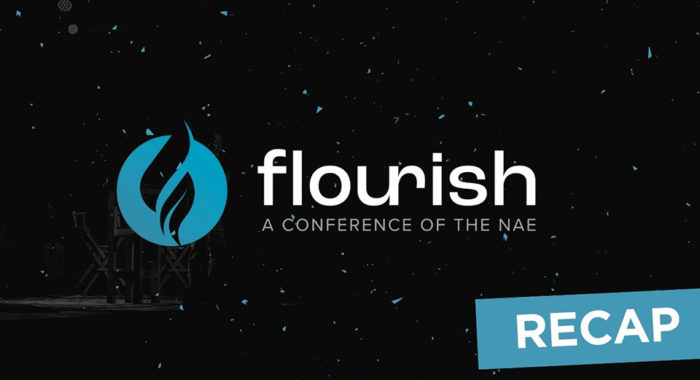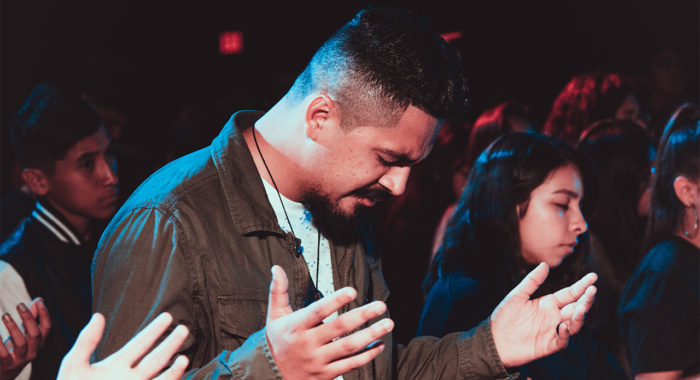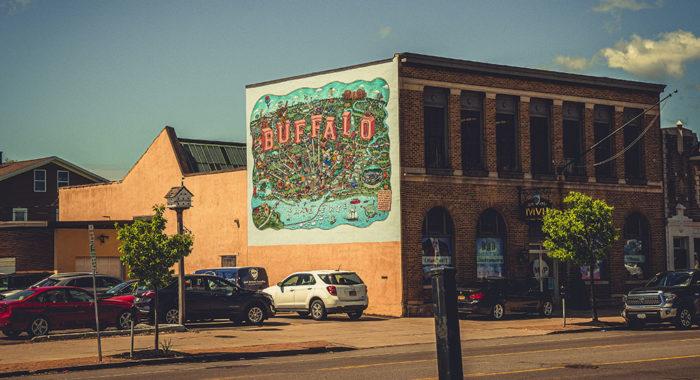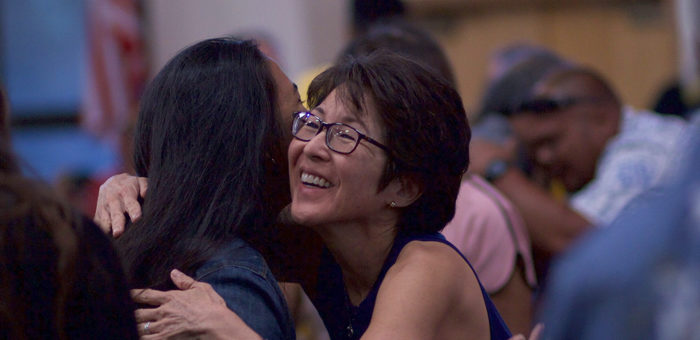Two recent predictions caught my attention. In The Christian Science Monitor on March 20, 2009, Kentucky writer Michael Spencer wrote, “We are on the verge – within 10 years – of a major collapse of evangelical Christianity.” Two weeks later on April 3, 2009, the Associated Press reported that Hugo Chavez, President of Venezuela, predicted the collapse of worldwide capitalism. It seems to me that both prophecies may be more autobiographical than authoritative. Both are reactions to recent current events. Perhaps we should save these predictions in a tickler file dated April 2019 to see what has actually happened a decade from now.
Questions about the future of evangelicalism are the ones I am most often asked. Do I expect a major collapse of evangelical Christianity in the next 10 years? I do not. I do expect the face of evangelicalism to be different in 2019 but that doesn’t take a prophet to predict, because it is already happening.
Evangelical Christianity is rapidly growing in Asia, Latin America and Africa. Traditionally Catholic South America is fast turning into an evangelical Pentecostal continent. Christians are multiplying by the millions in Communist China. And in the USA? The growing edge of almost every evangelical denomination is Hispanics. Many of the largest and fastest growing evangelical megachurches in this country are Hispanic, African American and Asian. While white megachurches have been around for a while, many of these new ethnic megachurches are just getting started.
Everything depends on definitions. My short definition of an evangelical is someone who takes the Bible seriously and believes in Jesus Christ as Savior and Lord.
Others prefer to define the term evangelical as if it referred to a political party. I have talked to thousands of evangelical pastors in almost every state and rarely have I heard any of them talk about politics. They talk about God, the Bible, faith, Jesus, salvation, evangelism, discipleship and a lot of other spiritual themes. The political label has been added mostly by the press, politicians and religious leaders not connected to or accountable to churches. If those who wrote the label now want to peel it off, most evangelical church leaders either won’t notice or won’t care, because they are focused on what they’ve always been focused on — God, the Bible, faith, Jesus, salvation, evangelism, discipleship and a lot of other spiritual themes. In fact, they don’t much care whether they are called evangelicals or not. It’s a nice word because it starts with the Greek term evangel which means “good news” — but be assured that everything is about the good news of Jesus and not about the word evangelical.
There is a very practical way to observe the depth of evangelical Christian faith across America. The next time there is a tragedy — tornado in a small town, shooting at a school, apartment fire in a major city — listen to what the survivors say on television. You will be impressed by frequently declared depth of Christian faith in Jesus when facing the harshest traumas of their lives. This is the evangelical faith that has spread across our land and will continue into the next generation.
In the coming decade many older local congregations will go out of business. Of course they will, just as many older Christians will die and many older businesses will close. But, have you seen what is happening in your local elementary school on Sunday mornings? Across America there is a rapid spread of new churches meeting in schools, community centers, restaurants, theaters and any other rentable gathering place. Almost all of them are evangelical congregations with young pastors and young parishioners.
Evangelicalism in 2019 will be more racially diverse, will speak with a collage of accents, will have closed thousands of old churches and opened thousands more new churches, will take the Bible seriously, will believe in Jesus as Savior and Lord and will be engaging in the needs of people.
Let’s talk again. In 2019.
This article originally appeared in the NAE Insight.
Leith Anderson is president emeritus of the National Association of Evangelicals and pastor emeritus of Wooddale Church in Eden Prairie, Minnesota. He served as NAE president from 2007–2019, after twice serving as interim president. He served as senior pastor of Wooddale Church for 35 years before retiring in 2011. He has been published in many periodicals and has written over 20 books. Anderson has a Doctor of Ministry degree from Fuller Theological Seminary, and is a graduate of Moody Bible Institute, Bradley University and Denver Seminary.




 View All Articles
View All Articles 

